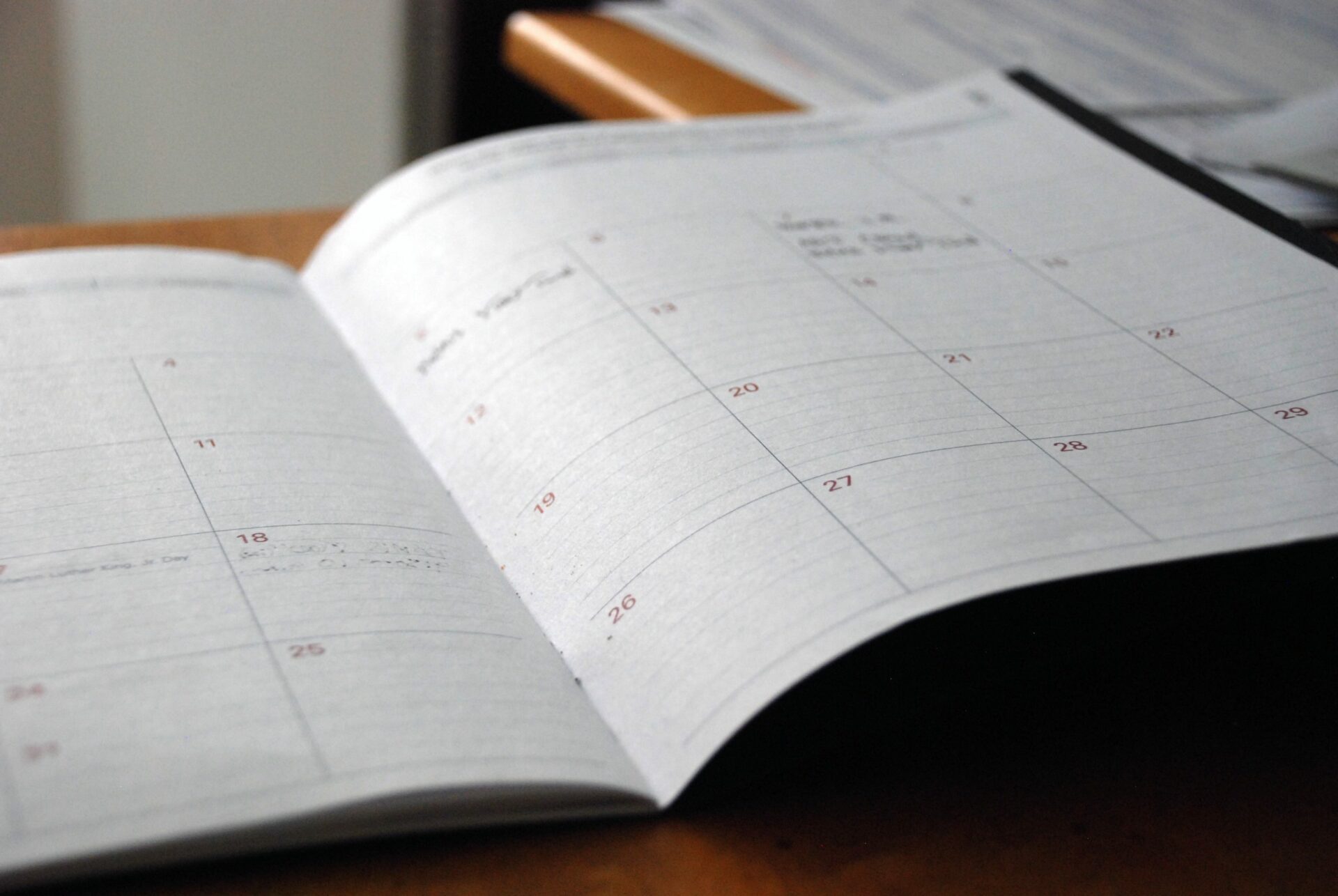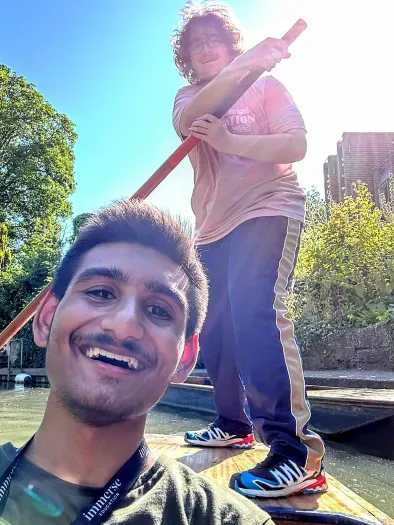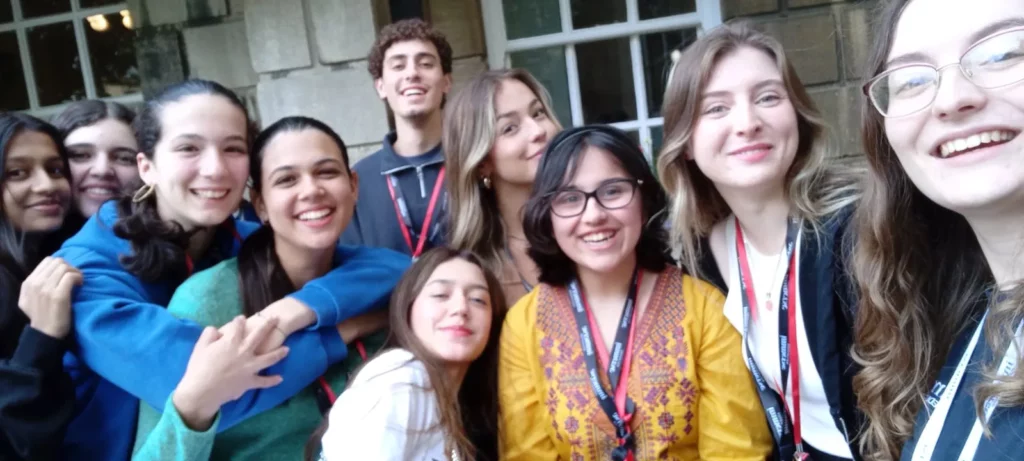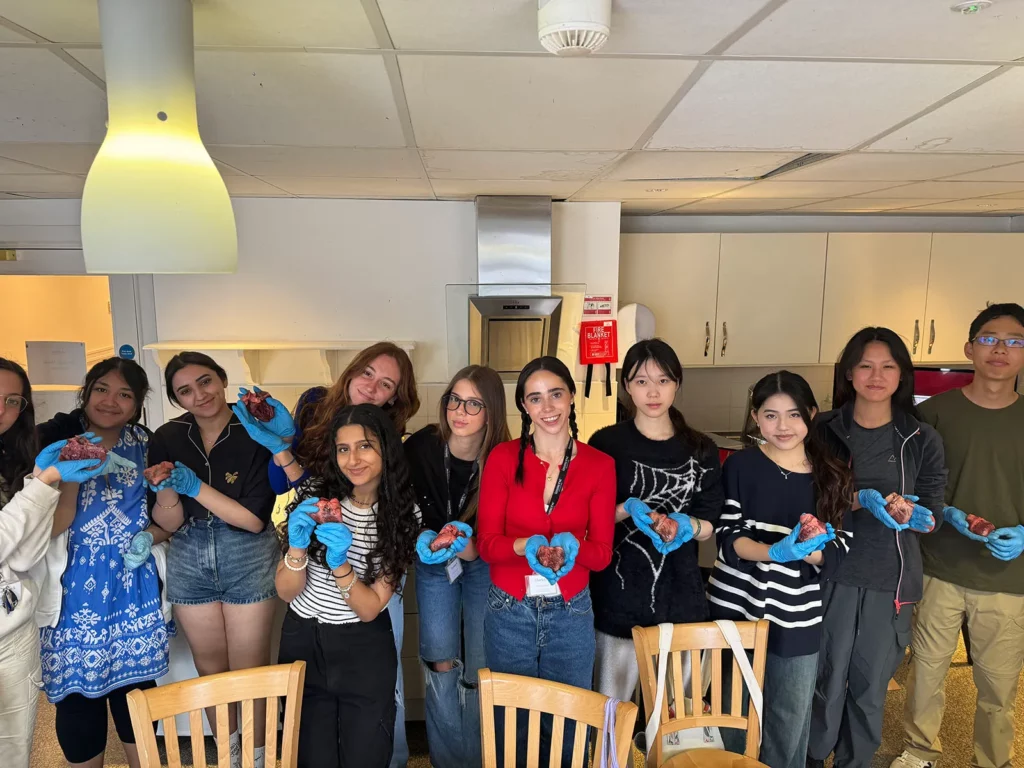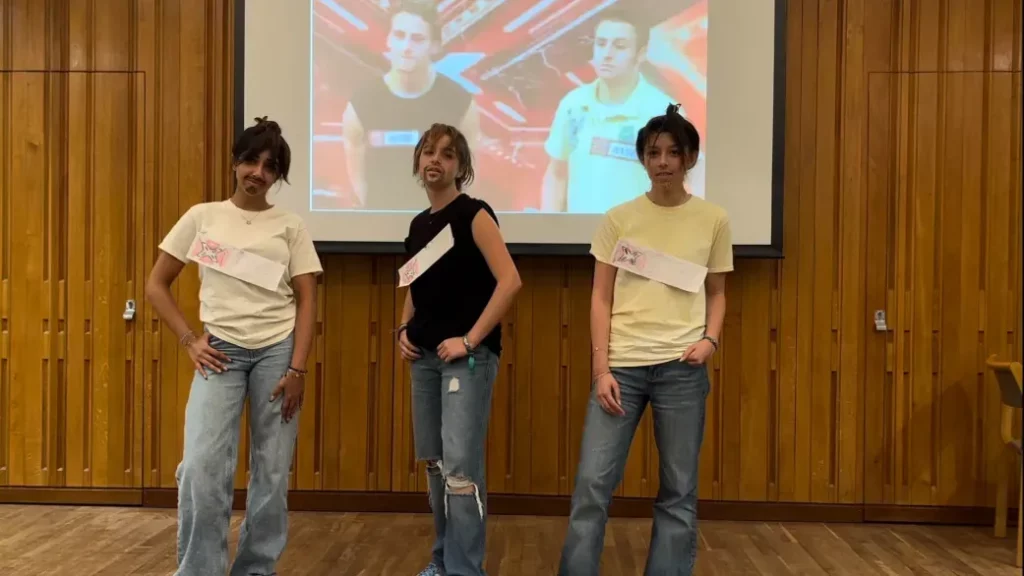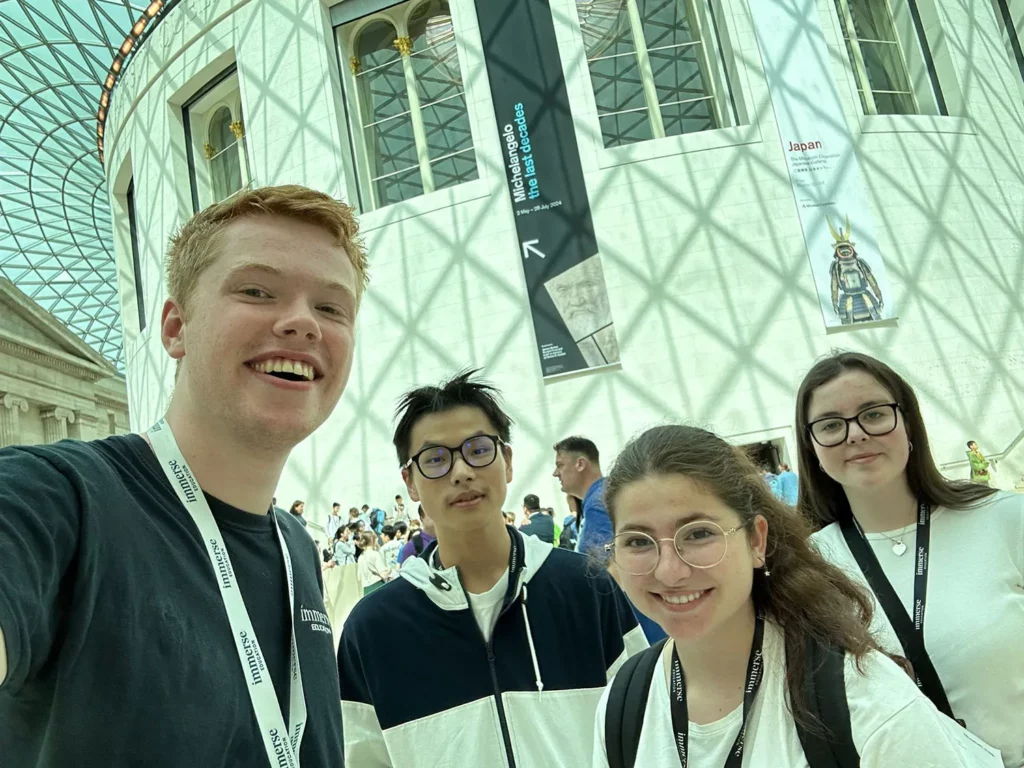One of the biggest shocks I experienced when starting university was the loss of structure. I didn’t take a gap year, and while summer was long, I’d had long summers before; I knew how to spend my time on a school holiday.
Being set work – given a reading list, an essay title, and told to go off and get started with no mandated schedule, felt entirely different.
The lack of control is especially keen for humanities students; while scientists generally have lectures all morning, and labs in the afternoon, giving them a vaguely similar structural week to the sixth form. Although, humanities students tend to have far fewer ‘contact hours’ per week (hours of teaching).
Many people find the experience of controlling their time – deciding exactly when they’ll do their work when they’ll watch Netflix when they’ll see their friends or go to society or sleep in – empowering.
They welcome the freedom from an overly-regimented school environment.
I – at least, initially – didn’t!
Lectures and More
It can seem easy to do very little as an undergraduate humanities student. Lectures are few and far between, and no one takes attendance.
What’s worse, it’s impossible to tell in advance which will be useful and which just go over reading you’ve already done, or go way over your head!
With no one to keep me accountable, I initially slept in almost every day until 11 or 12. I’d put off tackling my reading list until the absolute last minute, and inevitably pull all-nighters before every essay deadline.
I’d always been a procrastinator, but having only a single piece of work per week meant I didn’t have the sense of urgency for the smaller deadlines more common in school.
It was really easy to tell myself that I’d read that article in the afternoon or the next day; I’d get working once I’d met my friends for lunch, or when the clock hit the next hour…
Eventually, though, I realised this wasn’t at all sustainable. I was sleep-deprived through every tutorial, and my essays were inevitably rubbish, being based on one or two hastily-skimmed article abstracts.
I knew several people in the same position – we got lunch together and talked about it, sketching out some plans to sort our lives out better.
Obviously, a lot of these were over-optimistic: there was no way I was going to go from a complete lack of structure to reading every book on my reading list, fitting in every society meeting I wanted to go to, finding time to go out every night and waking up the next morning at 8 am ready to start another day of work.
A few, though, helped immediately; a few more took a while to figure out, but when I managed to get them done, they were helpful. Here are some of the tips that served me best!
I meet up with friends in my subject for breakfast most days – it’s early enough to get us out of bed, and we talk about what we want to get done in the day. We might then go off to a lecture together, or go and sit in the library together (hopefully motivating, not distracting, one another…this normally works)
I break the essay down into smaller goals – I tell myself I want to finish a specific amount on my reading list, make a plan, or finish a paragraph, and I write a detailed to-do list.
It’s surprisingly satisfying being able to tick things off, even if they’re just ‘put in footnotes’ or ‘plan the second paragraph’: the smaller goals stop me from feeling overwhelmed by how big a task writing an essay often feels.
I plan out a rough outline of the next day most evenings – not in excessive detail, but just so I know when society meetings are if I’ve planned to see a friend in the evening, and when I might be able to fit work in.
I say no to things!
Part of the reason I initially found it so hard to get work done is that I was going to so many societies, nights out, and talks, that I found it tricky to find both time and energy to work.
I (obviously) didn’t quit all extra-curricular – it’s so important to be doing stuff alongside working! – but I no longer went to multiple talks a day, and I stopped going to some societies I really wasn’t that interested in. I still go out, but I know I won’t have any motivation to work the next morning, so I factor that in.
I work best when I’m around other people who are working
– so I make sure I’m not just sitting in my room on my laptop, but I’m in a library or quiet-ish coffeeshop.
I get distracted by my phone in a heartbeat – so I’ve downloaded some productivity apps like Forest, which rewards me for time spent off my phone.
Managing time and an unfamiliar structure is one of the aspects I found most difficult when starting university, but now I really feel like I’ve got the hang of using my time effectively – it has enabled me to both produce better work and enjoy my social life more!!
Join the Immerse Education 2025 Essay Competition
Follow the instructions to write and submit your best essay for a chance to be awarded a 100% scholarship.





